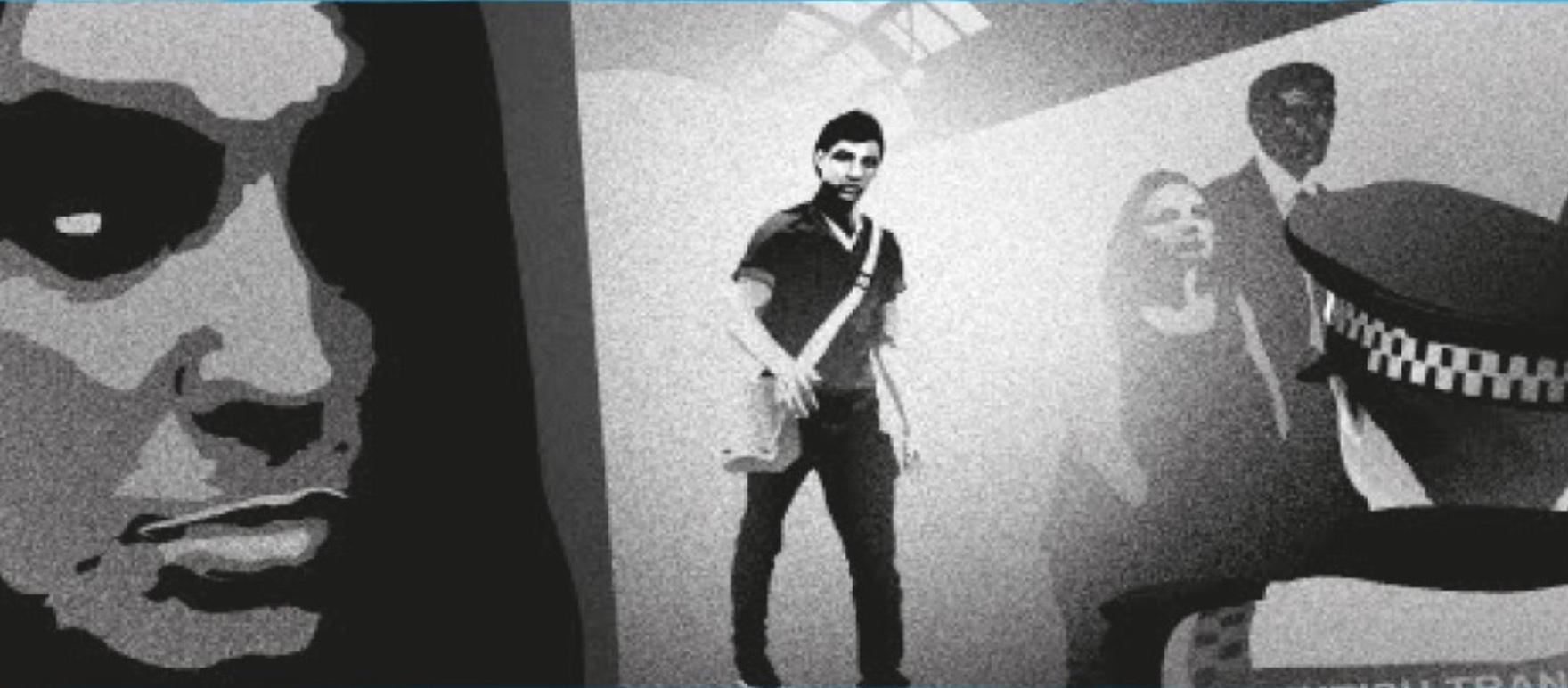
On holiday in England, we stopped at a chemist in the country town of Aylesbury, to buy some Olay skin products. There was an entire short aisle given over to Olay, but the shelves were completely empty, and had been replaced by a sign directing us to enquire with staff.
I located the manager, resplendent in her thick blue shopwalkers dress, who told me that all Olay products were now hidden, because they were continually being targeted by shoplifters. She mentioned ten thousand pounds a week in losses, and the ineffectiveness of hired security guards who refused to tackle knife-wielding teenagers.
The manager further told me that the products were now only available from behind a particular cash till. We waited in line until it was our turn at the correct till, and asked the waif-thin and malnourished girl in the ill-fitting blouse to help us out. She was eager to help, but it turned out not to be as simple as we might have expected.
The Olay products were not in fact behind the till, but hidden away in a locked store-room on a different floor. The till girl had no specimen jars, no list of products, and clearly no idea what the products even looked like.
We all did our best, trying to describe different coloured jars that we vaguely remembered from previous years, and pointing at pictures from the internet, as the queue grew longer behind us. Each time we managed to explain a product, she locked her her till, extracted a bunch of keys from their safe place, disappeared upstairs to the back room, and then returned either empty-handed or with something quite different. We went through several cycles of this, before giving up and shopping somewhere else.
It slowly dawned on me that everybody we encountered in England this year was being angrily nice, even offensively nice. Being originally English myself, I am conversant with the classic art form of being simultaneously rude and polite, and perhaps my long years of living abroad have made me more sensitive to it, but it seemed to me that there was now an extra edge of anger.
Perhaps it is a feature of the surveilled and terrorised world that the English now seem to inhabit. Signs and announcements everywhere with the tagline ‘See it. Say it. Sorted’. Numbers to call if you see anything suspicious. Continuous exhortation to dob in your fellow countryman, and endless cameras everywhere, pointing at everything.
Ask for any item in a shop, not just missing Olay products, and the response is always immediate and lengthy and yet strangely unhelpful. First, a complaint, a railing against some aspect of life that has sadly rendered your question necessary in the first place. Then a convoluted explanation of the circumstances, politely given but with an edge that suggests firmly that you should already know this. The fact that you do not is inherently suspicious, and you have the feeling that at any moment they might turn and denounce you for being an outsider.
Then, finally, an answer to your question, which is always technically accurate but also in some sense lacking, so that you are left wiser to the intricacies of the situation and to the personal woes of your interlocutor, but no closer to your goal, such as perhaps locating the bread aisle.
Everybody I meet is polite, but wary. The tension is continuous, reminiscent perhaps of wartime. Nobody meets your eyes in the street. There are endless signs and announcements, endless new and apparently pointless rules. You can carry a bicycle here, but not there. Unless it’s this particular kind of bicycle. Just definitely not that kind. And don’t ask, you are supposed to know already.
Loose lips sink ships. See anything suspicious? See it. Say it. Sorted.